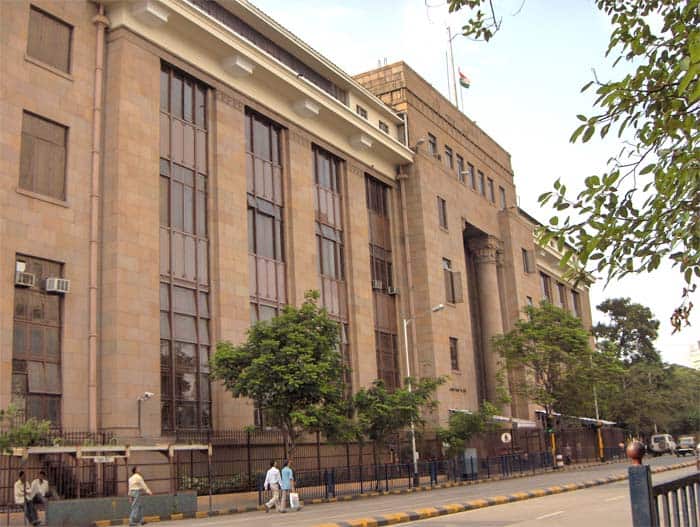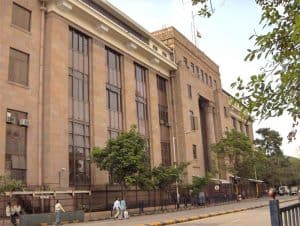Join Our Telegram channel to stay up to date on breaking news coverage
The government and the banks themselves are still trying to figure out the meaning and the nature of digital currencies. In the eyes of the RBI Deputy Governor Rabi Sankar, cryptocurrencies should be approached with great caution and say that it involves a lot of risks for both the investors and the management, especially if the whole system collapses.
This alone could lead to many problems, as expected, but the question is how to renew the balance again. Those are not the risks that the Indian government wants to take, because they could lead to enormous financial instability.
A potential ban on cryptocurrencies in India
The RBI Deputy Governor proposed a ban on every cryptocurrency, a few days after the Indian government settled a taxation framework for them. Rabi does not accept the argument that cryptocurrencies must be consented to for blockchain technology to thrive.
Crypto exchanges and investors have been arguing for the injunction of cryptocurrencies as a strength and the government’s recent budget announcement to tax gains from these has uplifted and encouraged that they will not be banned.
Crypto Debate | RBI Deputy Governor T Rabi Sankar favours a ban on cryptocurrencies. Speaking at the IBA awards, the @RBI deputy governor says the asset class has the potential to wreck the economic system as we know it. pic.twitter.com/zo4jE5eYgJ
— CNBC-TV18 (@CNBCTV18News) February 15, 2022
Sankar dispersed this proposal that these thoroughly volatile digital coins should be supervised and that was the reason he called for an outright ban. Rabi said increased embracing of cryptocurrencies would result in successful “Dollarization” of the Indian economy, which could sabotage the ability of government and the Central Bank to control interest rates and money transactions, as financial policy would not have any collision on the non-Rupee currencies or payment instruments. Nevertheless, it is destined for cryptocurrencies to have a weakening effect on pecuniary solidity.
The RBI as the central bank is deeply concerned about the fact that they could potentially not be able to control the economy in their country since all the information about transactions between sender, receiver, and the number of bitcoins (or other cryptocurrencies) is contained in the blockchains, that they don’t have insight in. One of many other concerns they have is thinking that it could replace their original currency, the rupee to a certain extent if not fully. Creating credit would be something that would slowly detract.
Going back to the past, previous RBI governor Shaktikanta Das has already closed in on those problems and advised everyone who had an interest in cryptocurrencies and/or crypto mining to be very cautious and that they are going into these at their own risk since it could lead to many issues as they don’t have any fundament.
Back in November 2021, the standing finance committee concluded, after listening to professional views, that Crypto may not be stopped and there must be some sort of mechanism put to regulate the whole system about it. The case of cryptocurrency as an alternative to every central bank is based both on economics and technology, more defined as a “peer-to-peer version of virtual money”. They have been specifically created for a reason to circumvent the current financial system – “this is good enough reason to treat cryptocurrencies with wariness and change must start now before it’s too late,” said the governor.
Your capital is at risk.
Read more:
Join Our Telegram channel to stay up to date on breaking news coverage



